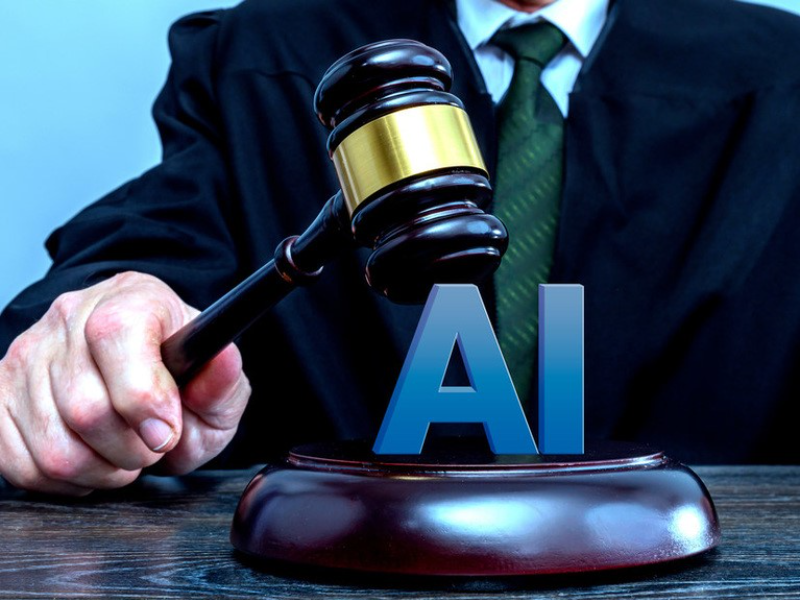- Country musician Tift Merritt condemned AI music platform Udio’s imitation of her style in the song “Holy Grounds”, calling it “theft” and lacking transformative power.
- Udio and another AI firm, Suno, face legal action from major labels but deny infringement, arguing the lawsuits aim to suppress competition and likening the situation to historical fears over new musical technologies.
OUR TAKE
The case underscores the complex interplay between technological innovation and artistic integrity. It highlights the need for clearer guidelines on AI-generated content, balancing protection for creators with the potential for new forms of artistic expression. The outcome will be pivotal in shaping the future of digital media and intellectual property law.
–Vicky Wu, BTW reporter
What happened
Country musician Tift Merritt, whose popular Spotify track “Traveling Alone” is an evocative ballad, had her style imitated by the artificial intelligence music platform Udio, which created “Holy Grounds” following a Reuters prompt. Merritt, a Grammy-nominated singer-songwriter, dismissed Udio’s creation as lacking transformative power and labelled it “theft”.
As a staunch advocate for artists’ rights, Merritt joined prominent artists, including Billie Eilish, Nicki Minaj, and Stevie Wonder, in signing an open letter warning that AI-generated music could “undermine creativity” and sideline human artists.
Major record labels, including Sony Music, Universal Music Group, and Warner Music, have also expressed concern and initiated legal action against Udio and another AI music company, Suno. These lawsuits mark the beginning of significant copyright battles over AI-generated content within the music industry.
In response to the legal challenge, Suno and Udio denied any copyright infringements and argued that the lawsuits were attempts to suppress smaller competitors. They compared the labels’ objections to past industry fears over synthesizers, drum machines, and other technological advancements that were initially thought to threaten the livelihoods of human musicians.
Also read: Suno argues AI training with copyrighted music is legal
Also read: Hollywood’s video game performers strike over AI protections
Why it’s important
The legal dispute highlights significant concerns within the music industry regarding the ethical and legal implications of AI-generated content. As AI technologies advance, they pose challenges to traditional copyright laws and raise questions about ownership, creativity, and the role of human artists. The outcome of these lawsuits could set important precedents for the future of music creation and distribution, potentially impacting how artists control their work and how AI tools are regulated.
In their defence, Suno and Udio maintain that their technology is protected under fair use provisions, designed to safeguard freedom of expression and transformative uses of copyrighted works. “What Udio has done — use existing sound recordings as data to mine and analyze for the purpose of identifying patterns in the sounds of various musical styles, all to enable people to make their own new creations — is a quintessential ‘fair use,'” Udio said in its filing on Thursday.
This case is part of a broader trend of legal battles over the use of copyrighted material in training AI models, affecting industries beyond music, such as literature and journalism. The resolution of these disputes will likely shape the future landscape of digital media and the rights of creators.

